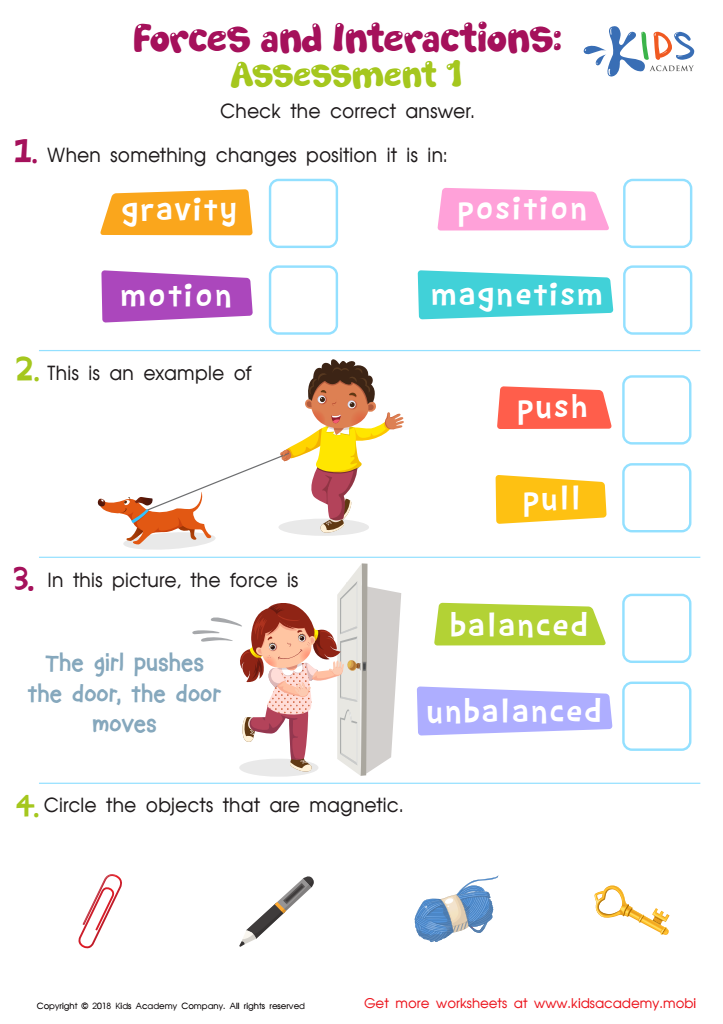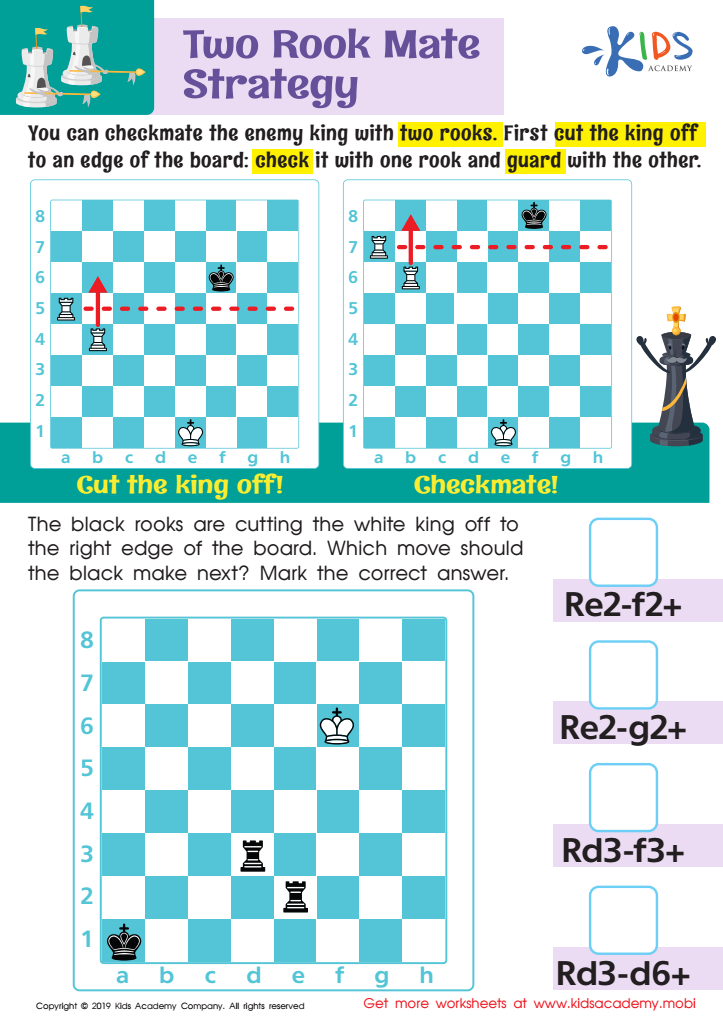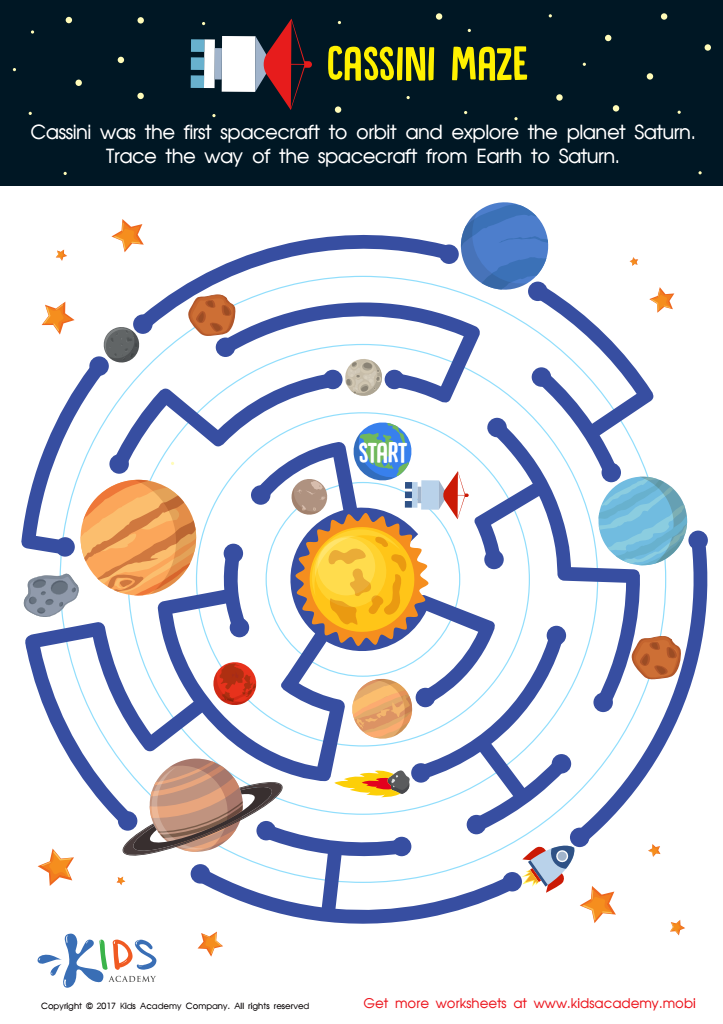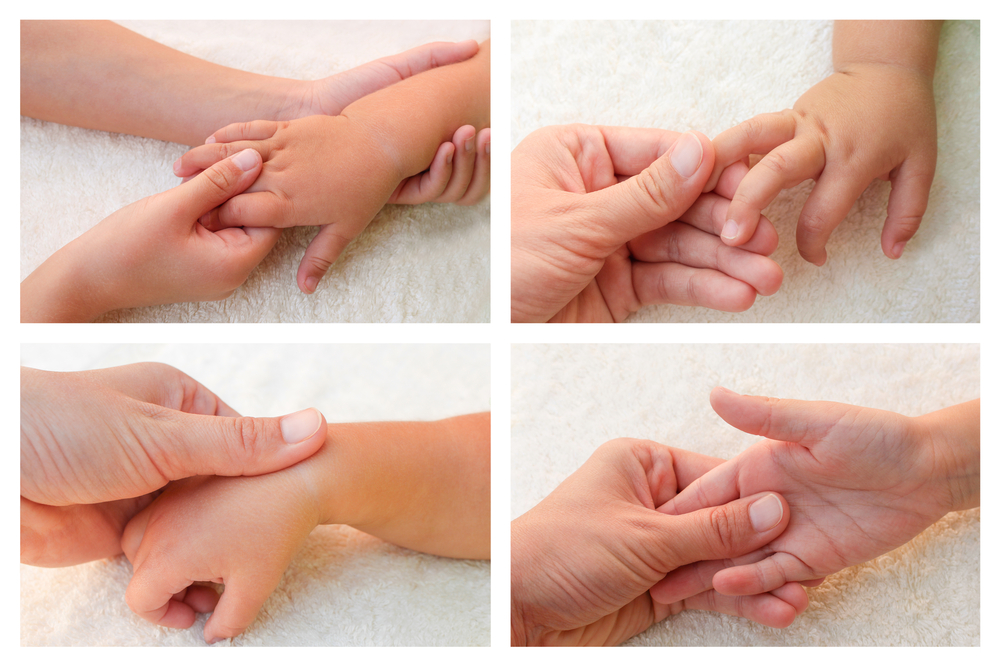Improving analytical thinking Worksheets for Ages 6-9
4 filtered results
-
From - To
Unlock your child's potential with our "Improving Analytical Thinking Worksheets for Ages 6-9." Designed to nurture crucial problem-solving skills, these worksheets engage young minds through captivating activities. Perfect for kids ages 6 to 9, each page offers an array of puzzles, patterns, and exercises aimed at enhancing deductive reasoning, logical analysis, and cognitive development. Whether at home or in the classroom, our expert-crafted resources make learning both fun and effective, paving the way for academic success. Equip your child with the analytical tools needed to succeed! Explore our comprehensive collection today.


Forces and Interactions Printable


Two Rook Mate Strategy Worksheet


Cassini Printable Worksheet
Developing analytical thinking in children aged 6-9 is essential for their cognitive and social-emotional growth. At this stage, children's brains are incredibly flexible and responsive to new information, making it a prime time to nurture critical thinking skills. Analytical thinking helps children understand relationships between ideas, solve problems efficiently, and make informed decisions, fostering lifelong learning habits.
For parents and teachers, emphasizing analytical thinking can improve academic achievement and everyday life skills. Strong analytical skills help children excel in subjects like math and science, where understanding patterns, logic, and complex concepts are crucial. Furthermore, these skills extend beyond academics, aiding in everyday decision-making and problem-solving. For instance, children will be better equipped to resolve conflicts, evaluate consequences of their actions, and adapt to new situations.
Moreover, fostering analytical thinking contributes significantly to development of emotional intelligence. As children learn to analyze and understand their own thoughts and feelings, they become more adept at managing their emotions and empathizing with others, promoting healthier social interactions.
Investing in the development of these skills sets children on a path toward becoming thoughtful, independent, and confident individuals, ultimately impacting their future societal contributions positively. The earlier educators and parents start nurturing these abilities, the better equipped children will be to face the challenges of an ever-evolving world.

 Assign to My Students
Assign to My Students

















